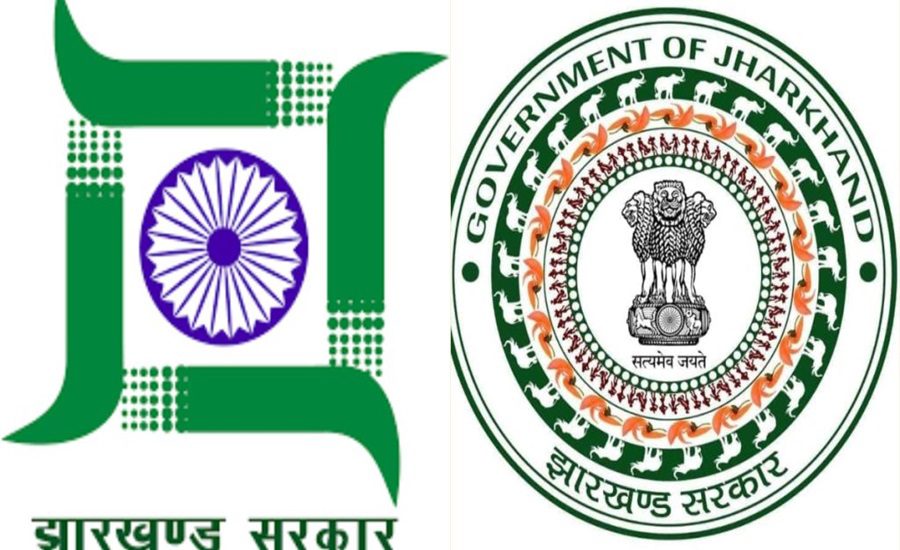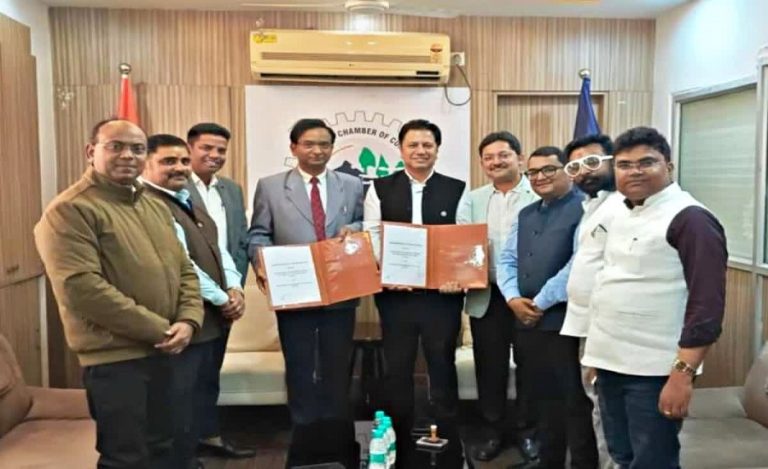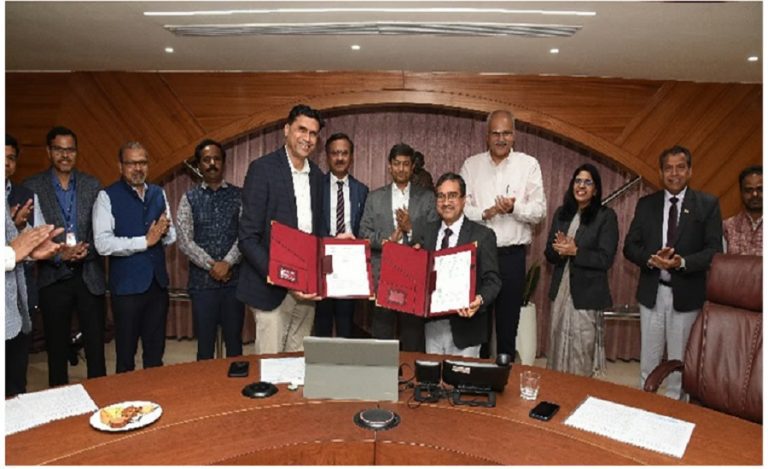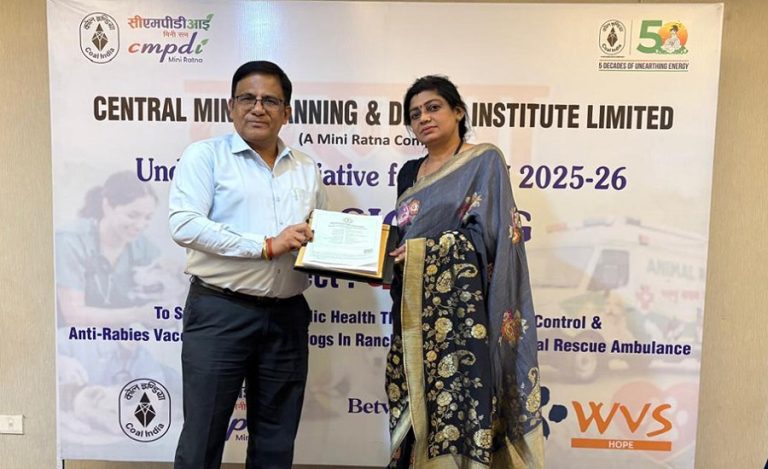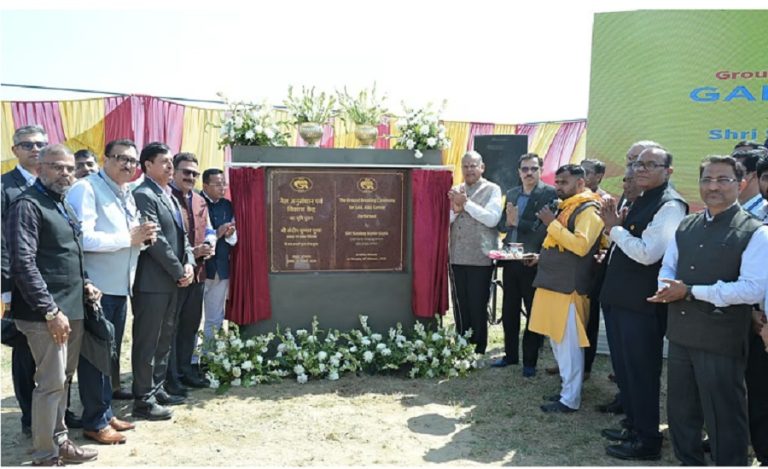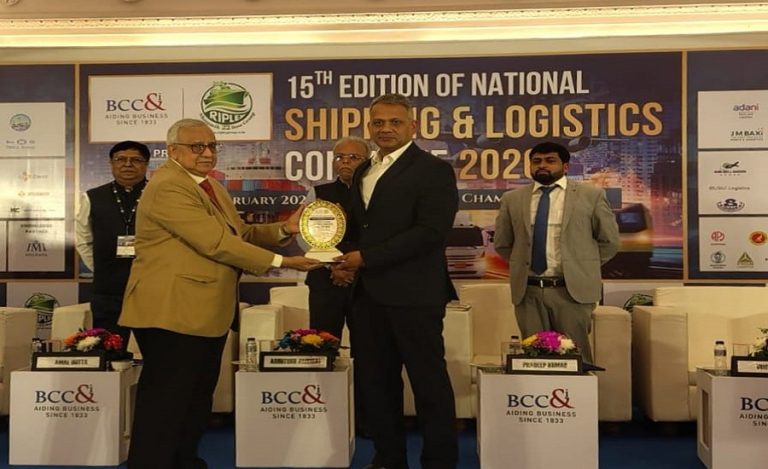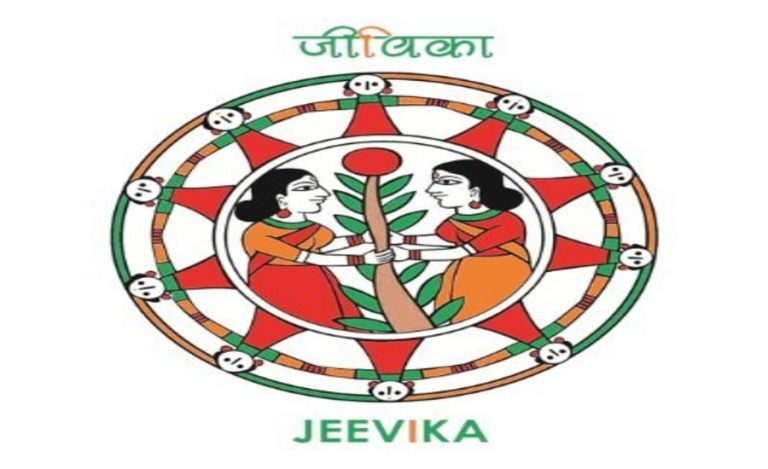The World Bank has praised Jharkhand’s flagship rural development programme, Jharkhand Opportunities for Harnessing Rural Growth (JOHAR), for its transformative impact on women-led farming enterprises. Operating across 17 districts, the initiative has seen 21 women-led Farmer Producer Organisations (FPOs) achieve a combined turnover of nearly USD 21 million over the past four years.
Women’s Collectives Lead the Change
Implemented by the Jharkhand State Livelihood Promotion Society (JSLPS) under the Rural Development Department, JOHAR began in 2017 with support from the World Bank. The project focused on strengthening agri-food systems, particularly through women’s collectives, enhancing technical capacity, market access, and irrigation infrastructure.
Boosting Income Through Agri-Value Chains
Officials noted that JOHAR built comprehensive agri-value chains in areas like vegetables, fisheries, poultry, goatery, and non-timber forest produce. The integration of solar irrigation, soil health management, digital tools, and community-run Custom Hiring Centres enabled collectives to scale their operations. Over 550 nurseries and solar-powered irrigation systems were also developed under the programme.
Innovations in Hatcheries and Livelihood Alternatives
The project also enabled the expansion of rural hatcheries. Divyansh Agro Poultry Hatchery, a private unit in Ranchi linked with JOHAR, increased its output tenfold to 1,00,000 chicks per week. The unit also pioneered solar-powered hatchery equipment, enabling household-level chick rearing.
In forest-adjacent areas such as Bero and Raidih, women’s groups shifted to lemongrass cultivation and lac farming as climate-resilient livelihood options. Over 250 tribal women cultivated lemongrass on 70 acres, aided by support for processing and distillation. Trained lac cultivators revived traditional resin harvesting to tap into sustainable forest-based income.
Impact at Scale: Thousands Empowered
As of June 2024, JOHAR had impacted over 2.24 lakh producers, forming nearly 4,000 producer groups and training over 17,000 community cadres. The World Bank, in a recent post, spotlighted the initiative’s success in transforming rural women into agri-entrepreneurs through collective action and targeted institutional support.
Leadership Reactions and Future Outlook
Mr. K. Srinivasan (2005-batch IAS officer), Secretary of the Rural Development Department, credited the initiative’s success to its end-to-end value chain approach. “This project has enabled thousands of landless and tribal women to become leaders in production, processing, and trade,” he said.
Chief Minister Mr. Hemant Soren, reacting to the recognition, posted, “My mothers and sisters are moving forward with strength and confidence. Your son and brother is always with you.”
JOHAR, which officially concluded last year, is now being studied for replication in other Indian states. Its focus on women’s empowerment, diversified livelihoods, and climate resilience has attracted the interest of national and international agencies.

